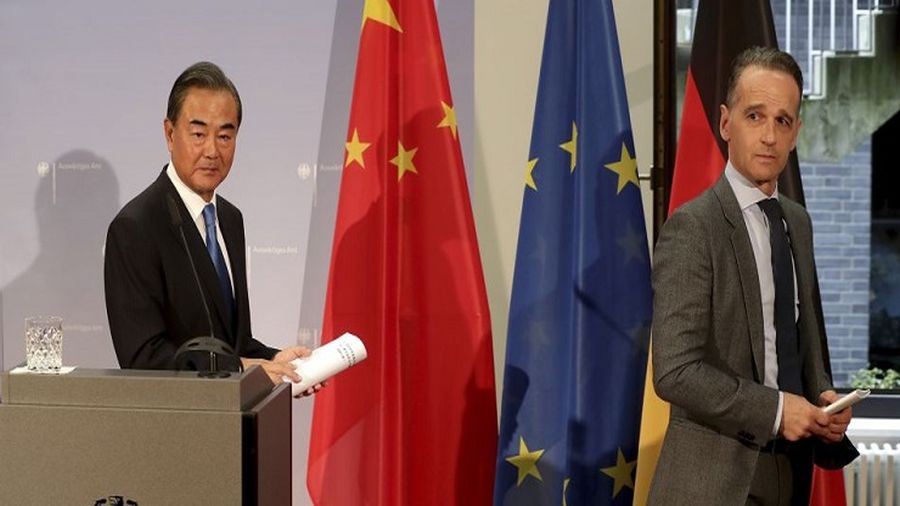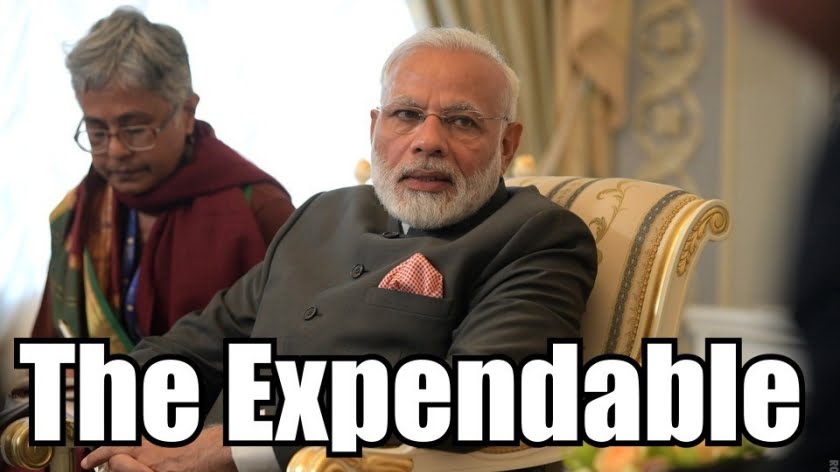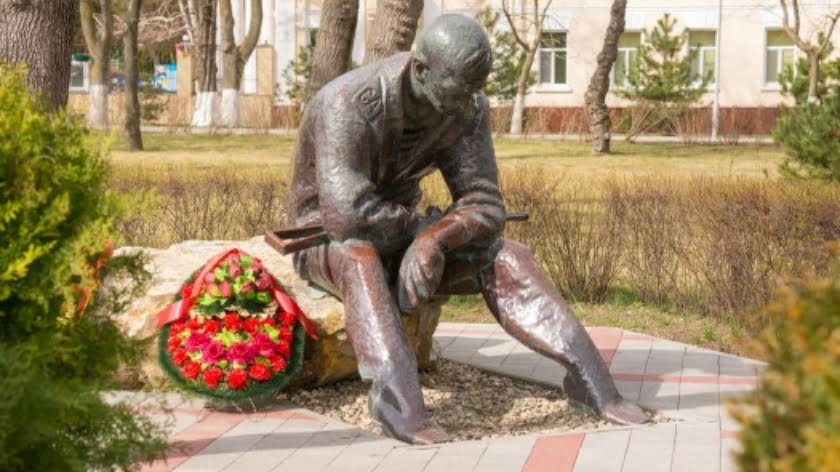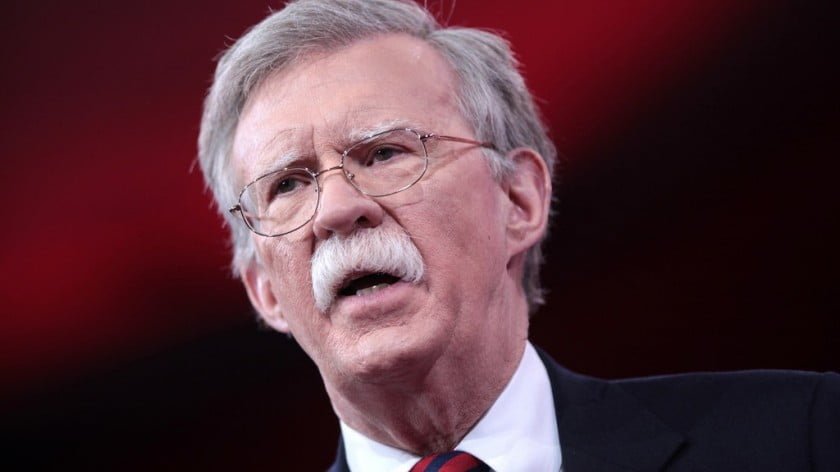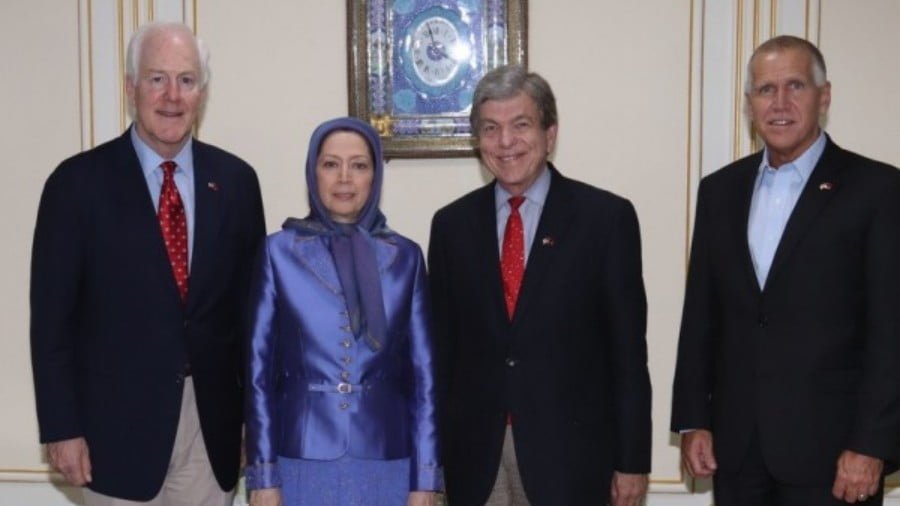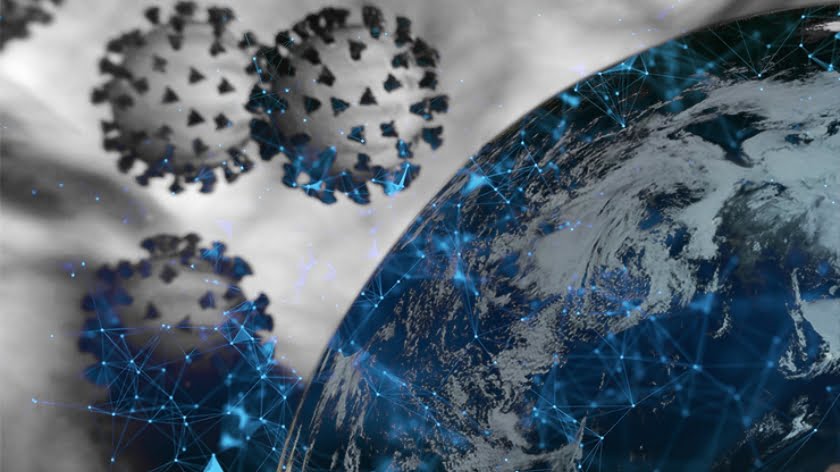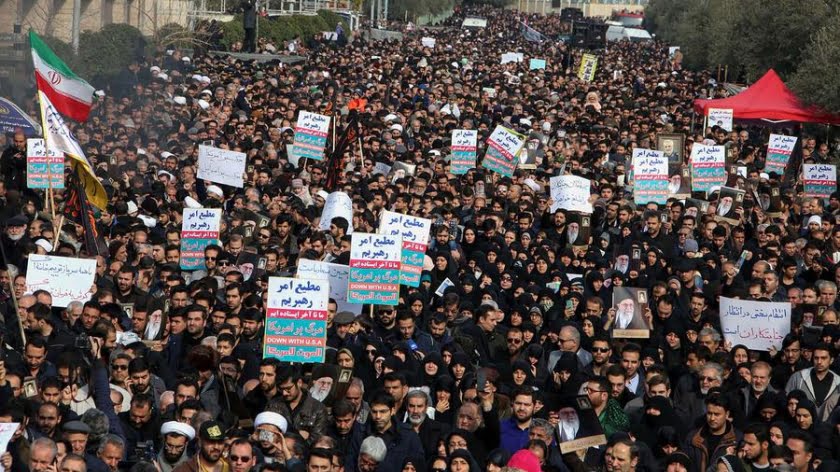On Wang Yi’s Trip to Europe
On February 15, Wang Yi began a week-long tour of several European countries, his first trip abroad since assuming the post of head of the Office of the CPC Central Committee Commission on January 1 of this year. This office oversees all foreign policy activities, and its head is directly accountable to the country’s leader. Wang Yi has also become a member of the Politburo of the CPC Central Committee as a result of the just ended 20th Congress.
Wang Yi was Minister of Foreign Affairs for the past ten years and had made many similar trips to Europe before. But now he has gone on tour to this continent, occupying a much higher level in the hierarchy of China’s governance system.
And here one cannot ignore the context of Beijing’s increasingly complex relations with Washington. The NEO has repeatedly discussed the multifaceted presence of the United States in the PRC’s controversial system of relations both with individual leading European countries and with inter-European structures, primarily the EU. Recently, there have been persistent attempts by Washington to involve the Europeans in the emerging configurations in the Indo-Pacific region that are blatantly anti-Chinese. To illustrate the distribution of roles between the participants of the transatlantic alliance in the course of “expansion in East Asia,” the Chinese use vivid graphic images referring to the history of the Crusades.
The Global Times’ thesis on the independence of the development process of Sino-European relations from the current state of relations between Beijing and Washington, “despite the fact that the latter has always worked exactly in this direction,” should be considered as China’s own vision of the desired format of China’s relations with Europe.
Let us note that not only did it “work,” but also achieved considerable success in doing so. Suffice it to refer to the increasingly more pronounced military presence of France (the first country visited during this tour) in the IPR. Which presence is quite closely connected with those very “configurations.” No less frequent are the various forms of Paris’s involvement in the Taiwan issue, with the original position on the need to maintain the status quo. Which, again, is completely unacceptable for Beijing.
A similar position on the said problem is held in Italy, which was the second country on Wang Yi’s tour. Taiwan gladly took note of the statement by Italian Foreign Minister Antonio Tajani made on the eve of the Chinese guest’s arrival in Rome that his country “stands in solidarity” with the EU and NATO about the unacceptability of changing the status quo in the Strait of Taiwan.
However, in both of these countries, as well as in the various subsequent meetings with participants at the Munich Security Conference, Wang Yi focused his interlocutors’ attention on those aspects of cooperation with partners that contribute to its positive development. For example, during his conversation with Josep Borrell, who is responsible for the EU’s foreign policy, Wang Yi noted that the PRC views this organization as a partner, not a rival. He believes that both sides have more points of agreement than disagreement. The guest also mentioned his country’s successful exit from a period of various types of severe restrictions related to the Covid-19 pandemic, and how China is now ready to restore economic relations with Europe to “pre-pandemic” levels.
Wang Yi’s meeting with US Secretary of State Antony Blinken in Munich demonstrated that the “US factor” should not be overlooked when developing relations with Washington’s allies. Due to the infamous “Chinese balloons in the US sky” situation, Blinken’s planned trip to China was canceled.
Nevertheless, apparently, his meeting with the representative of China, which is now in the inner circle of the very top of the country’s leadership, took place. It should be added that it simply can’t be otherwise if the parties do not want a catastrophic scenario of bilateral relations. And they clearly do not want that, and probing insinuations on the subject of creating at least some kind of more or less stable system of relations have been pouring in from both sides.
The final and perhaps the most important stage of the whole discussed tour was Wang Yi’s visit to Moscow, where he had talks with the top Russian leadership. However, his intermediary stop in Hungary is also noteworthy, as its policy towards Russia is among the (positive) exceptions to everything Moscow has dealt with in recent years in building relations with those who are lumped together in the “Collective West.”
One of the main topics of talks held by Wang Yi during the entire tour under discussion was the Ukrainian issue. It was definitely also at the center of the Munich Security Conference he attended. And if the resolution of the latter on this subject does not deserve even an official mention in Russia (let alone any reaction to it), the position of Beijing on the same subject should be given the closest attention. It cannot contradict China’s positioning in the international arena as a whole, which is based on the key concept of “Building a Community of One Destiny.” Beijing does not seem to rule out the possibility of participation in the implementation of this concept by the same Europeans and even Americans. Despite all the problems in relations, above all, with the latter.
And the content of the entire tour under discussion confirms the importance for China of the factor of preserving relations not only with Washington’s European allies, but also with Washington itself. Which, again, Russia should perceive adequately and not expect China to take steps that would put these relations under serious threat. Despite all of Beijing’s obvious support for Russia in the conflict in Ukraine, which manifests itself mainly in the political aspects that are extremely important today. Although some “material” points are being made.
However, it is necessary to take into account the underdevelopment of the transport infrastructure linking Russia and China. This factor is undoubtedly one of the main obstacles to the rapid expansion of bilateral ties, and not only in the economy. The only railroad bridge across the Amur with alternating traffic, which only recently came into operation after almost 15 years of construction, illustrates the situation, which should urgently be dealt with. In this case, from a broader context, which should include first of all the factor of the “European project” that has played an extremely essential role in the fate of the country over the last half century.
Nevertheless, pro-Russian trends in China’s global positioning are becoming more and more visible. In an accessible graphical form they are manifested in the assessments of the nature and the main “stoker” of the Ukrainian conflict, as well as its main beneficiary and methods of extraction of income.
China intends to promote the continuation and improvement of life, rather than turning places of residence into “rubble” because a few dozen or hundreds of notorious “leopards” might come running to Ukraine. And, of course, Beijing will not pay attention to what signs will be painted on the sides of the latter: the crosses that were present on German airplanes during World War I, or the Polish white eagles. Nor will the mediocre and pathetic efforts of Ukraine’s local Third Reich hoaxers receive serious attention.
The “pro-Russian” stance of Beijing’s current positioning in the international arena is also evident in its calls for a thorough investigation of all that accompanies the “Terrorist Act of the Century” in the Baltic Sea. Which sound at least as insistent as from Moscow, not to mention Berlin (i.e. from those who were primarily affected by this act).
Finally, all of the above is quite consistent with the current kind of “dualism” in China’s approach to relations with Russia in general and to the Ukrainian conflict in particular. During the European tour of one of China’s top leaders, on the one hand, the thesis of the “rock-solid” state of Russian-Chinese relations was once again reproduced. At the same time these relations are “not directed” against third countries.
Therefore, it would be highly desirable not to check the level of the mentioned “solidity.” Not to mention the other (extremely important) aspects of the modern positioning in the foreign policy arena of the second world power, partially outlined above.

